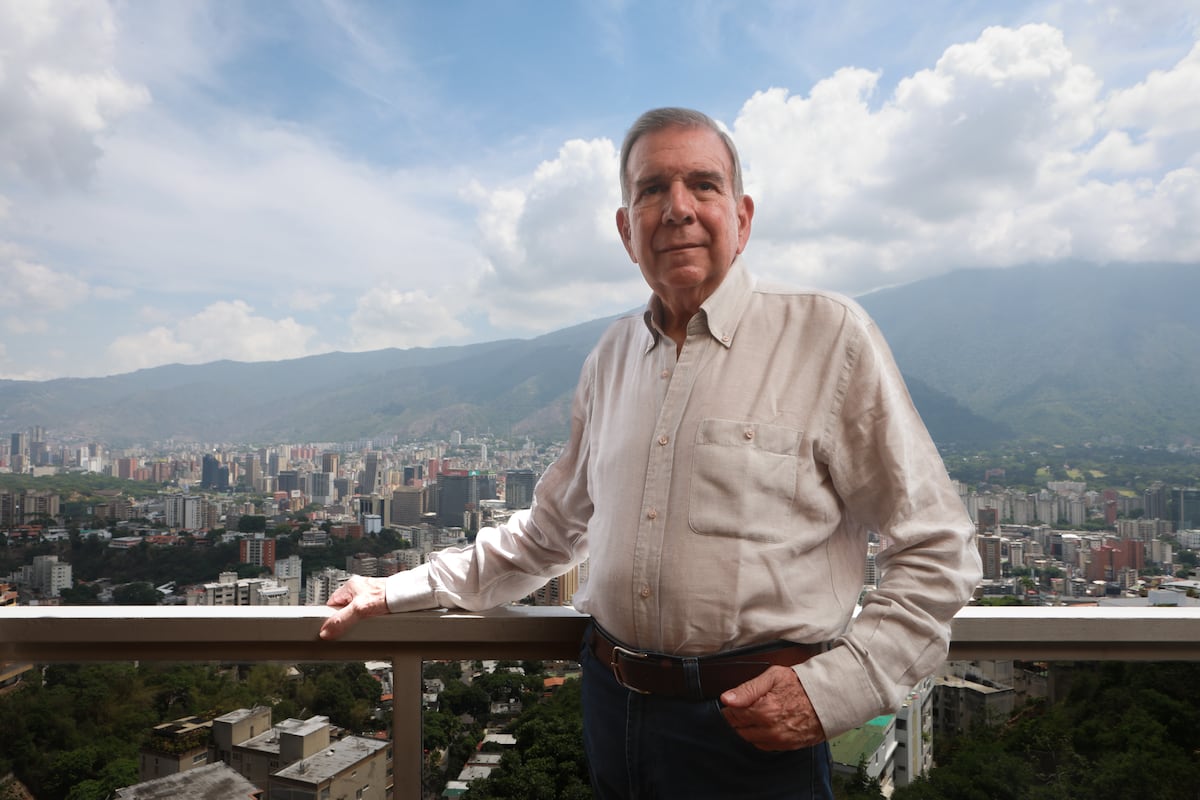Venezuela's Polarizing Presidential Elections
The upcoming Venezuelan presidential elections have brought unexpected dynamics, especially with the emergence of Edmundo González Urrutia as a leading opposition candidate. Previously unknown, González Urrutia is backed by opposition leader María Corina Machado, who was barred from participating in the race. Polls suggest he has captured nearly 50% of the voting intention, consolidating almost all of Machado’s previous supporters. Meanwhile, Nicolás Maduro, the current president and official candidate, maintains support levels between 22% and 25%, showing some growth over recent months.
Saúl Cabrera, a representative from the Consulta 21 polling firm, notes that the elections scheduled for July 28 are trending towards polarization again. He attributes González Urrutia's rapid rise to effective use of cell phones, social networks, and WhatsApp groups. Cabrera believes minor opposition candidates and judicially contentious parties remain largely insignificant. The government’s attempt to fragment the vote appears unsuccessful.
Félix Seijas, a political analyst and director of the Delphos pollster, agrees with Cabrera and suggests González Urrutia could still gain more support, particularly among undecided voters. On the official front, Maduro's campaign, bolstered by influential figures like Jorge Rodríguez and Diosdado Cabello, has seen increased support but seems to plateau around 25%.
However, polling data as a public discourse remains controversial in Venezuela. Chavista officials, like Jorge Rodríguez, vehemently deny unfavorable polls, accusing them of preemptively alleging fraud to discredit Venezuelan institutions. Rodríguez warned of severe consequences for those who reject electoral results or incite unrest.
Local Elections in Mecklenburg-Western Pomerania
The political landscape in Mecklenburg-Western Pomerania could shift significantly post-local elections, conducted simultaneously with European elections. Polls opened on June 9, with around 1.3 million eligible voters deciding on district, municipal councils, and volunteer mayors. Early reports suggest a probable heightened performance for the AfD, possibly overtaking the CDU, historically the strongest local political force.
State returning officer, Christian Boden, has emphasized the importance of high voter turnout. In 2019, when local and European elections were also held together, participation was around 60%. This time, there's a mix of optimism and caution due to the AfD's growing influence.
Remarkably, even the newly founded Alliance Sahra Wagenknecht (BSW) garnered significant initial support, although it only runs in a limited number of districts. Conversely, traditional parties like the Left might suffer substantial losses, a marked decrease from their historic performance in prior elections.
Voter dynamics in these simultaneous elections, including a voting age of 16 for local elections, indicate an evolving political engagement in the region, reflecting broader trends across Europe.
- In Venezuela, the polarizing elections underscore a critical moment for the country's political future. María Corina Machado's significant rallies, especially in historically Chavista strongholds, spotlight an immense public yearning for change.
- Political analyst Jesús Seguías points out that Machado's leadership complicates the transition to democracy for González Urrutia, as opposition unity remains fragile. Meanwhile, economist Luis Vicente León warns that the opposition should be wary of premature triumphalism, highlighting Chavismo's entrenched organizational strength and institutional control.
- In Mecklenburg-Western Pomerania, alongside the European elections, local elections are pivotal. The AfD's rise and the potential debut success of the BSW indicate a diversifying political landscape. This reflects the electorate's shifting priorities and growing discontent with traditional parties.
- Voter participation and demographic engagement, including younger voters, are seen as crucial components in shaping the outcomes of these local elections. These trends could signal broader shifts in political attitudes within Germany and across Europe.






